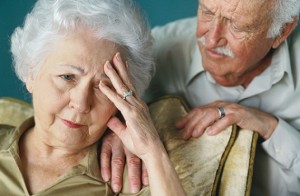Aging, an inevitable and extremely complex, multifactorial process, is characterised by the progressive degeneration of organ systems and tissues, physiological changes occur with aging in all organ systems.
It is largely determined by genetics, and influenced by a wide range of environmental factors, such as diet, exercise, exposure to microorganisms, pollutants, and ionising radiation. This explains why two people of the same age may differ markedly in terms of both physical appearance and physiological state. Gender also plays a part and, in most developed countries, women typically outlive men by 7-10 years. Recent research has also demonstrated that distant experiences such as childhood personality and education, as well as behavioural factors, also contribute to longevity.
Performance of many organs such as the heart, kidneys, brain, or lungs shows a gradual decline over the life span. Part of this decline is due to a loss of cells from these organs, with resultant reduction in the reserve capacities of the individual. Furthermore, the cells remaining in the elderly individual may not perform as well as those in the young. Certain cellular enzymes may be less active, and thus more time may be required to carry out chemical reactions. Ultimately the cell may die.
In general the aging process falls physiologically into three groups of changes that occur with advancing age. The first group encompass changes in cellular homeostatic mechanisms, for example, body temperature, blood, and extracellular fluid volumes; the second group are related to a decrease in organ mass; the third and possibly the most important group of changes, in terms of their impact, involve a decline in and loss of the functional reserve of the body’s systems. Loss of these functional reserves may impair an individual’s ability to cope with external challenges such as surgery or trauma. Maintaining
physiological function (health) in an aging population is of prime importance not only to the well-being of the aging individual, but also from a social perspective, helping to reduce the burden on medical services and systems.

